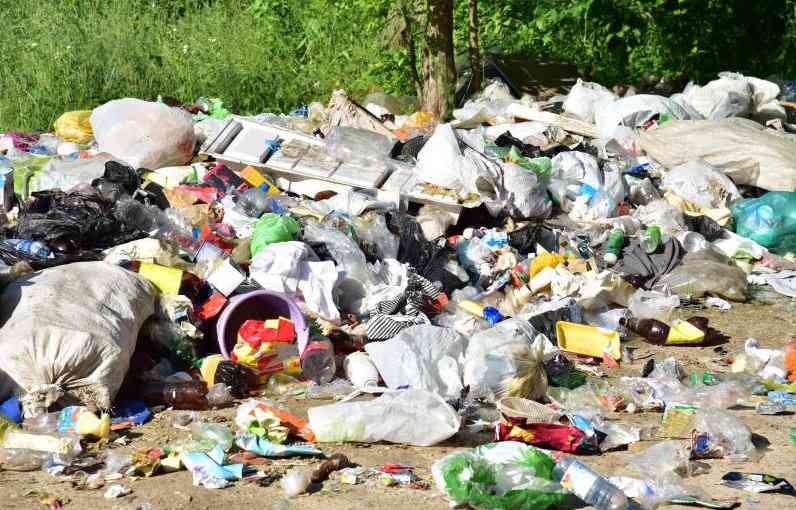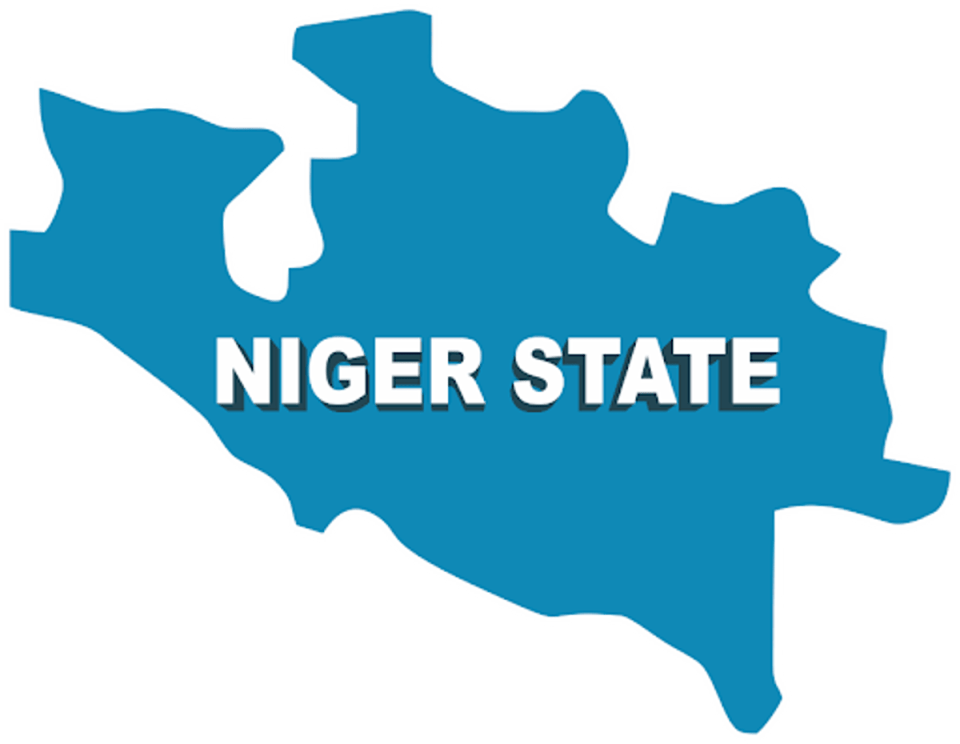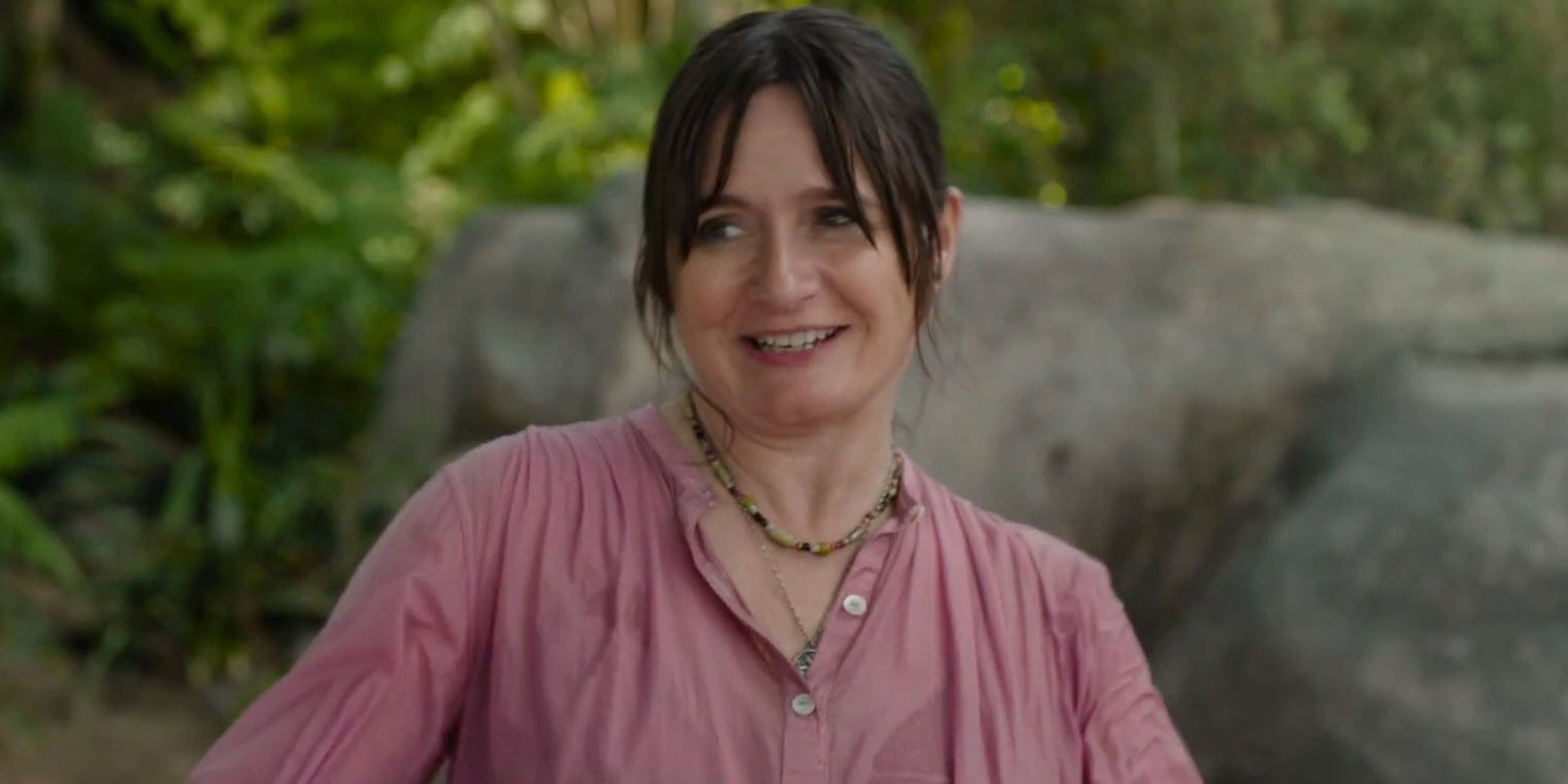Zambia : Water Crisis Deepens in Zambia: Government Turns to Private Sector for Solutions
Zambia’s Minister of Water and Sanitation, , has raised the alarm over the country’s deepening water crisis and unveiled an ambitious plan to modernize the sector through .
“Our infrastructure is stuck in the past,” Nzovu declared during a keynote speech at the Zambia Water Forum. “While our population has doubled since 2000, investment in water systems has stagnated.”
Today, , and , hampered by outdated infrastructure and frequent power shortages. According to the , , most of which were built in the 1980s, are now obsolete.
In , residents endure , forcing many to rely on . “Cholera outbreaks are inevitable without intervention,” warned , WHO’s regional representative.
Nzovu’s PPP initiative aims to attract , focusing on upgrading water purification plants, drilling new boreholes, and improving distribution networks. A , funded by a , has already shown promising results—reducing water leakage by .
However, the proposed privatization model has drawn criticism. “Private firms prioritize profit over people,” said , Director of a local NGO. “We’ve seen tariff hikes in Kenya and Ghana under similar models, pricing out low-income families.”
Nzovu responded by assuring the public that , such as , will be built into all PPP contracts. “PPPs must serve the public interest,” he emphasized. The ministry is also exploring , including .
Meanwhile, the , signaling international confidence in the reforms.
Despite these strides, significant hurdles remain. Bureaucratic red tape and corruption scandals,such as the 2022 misallocation of $4 million intended for borehole development—threaten to derail progress. In response, Nzovu has promised to “clean house,” launching an anti-corruption task force within the ministry.
“Failure is not an option,” Nzovu concluded. “Water is life.”











